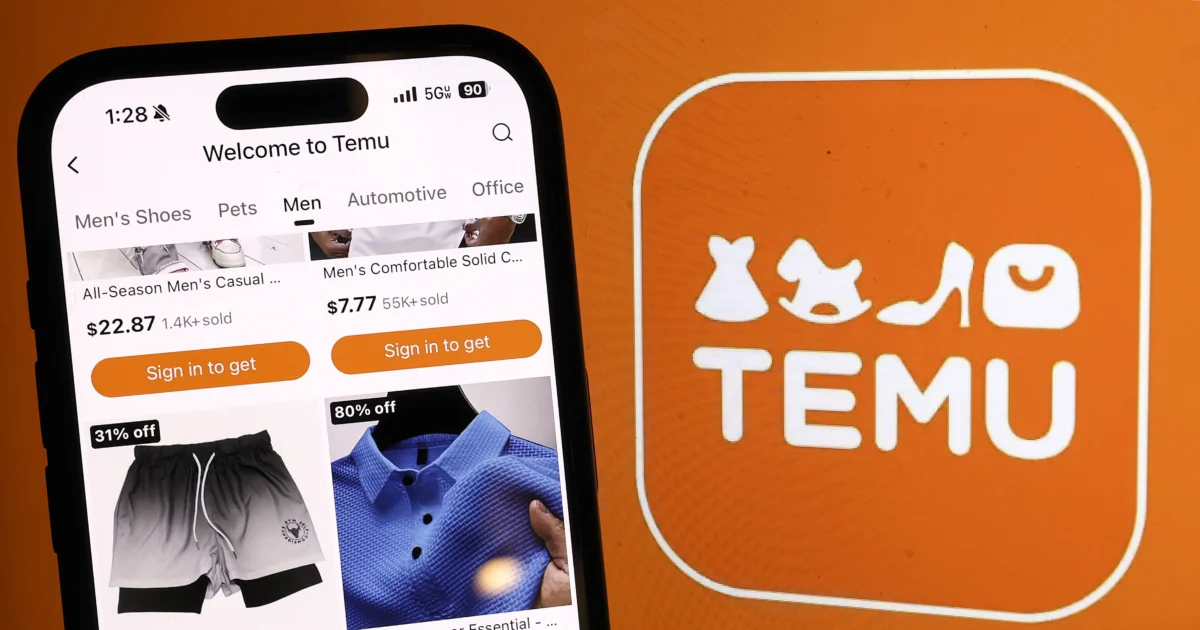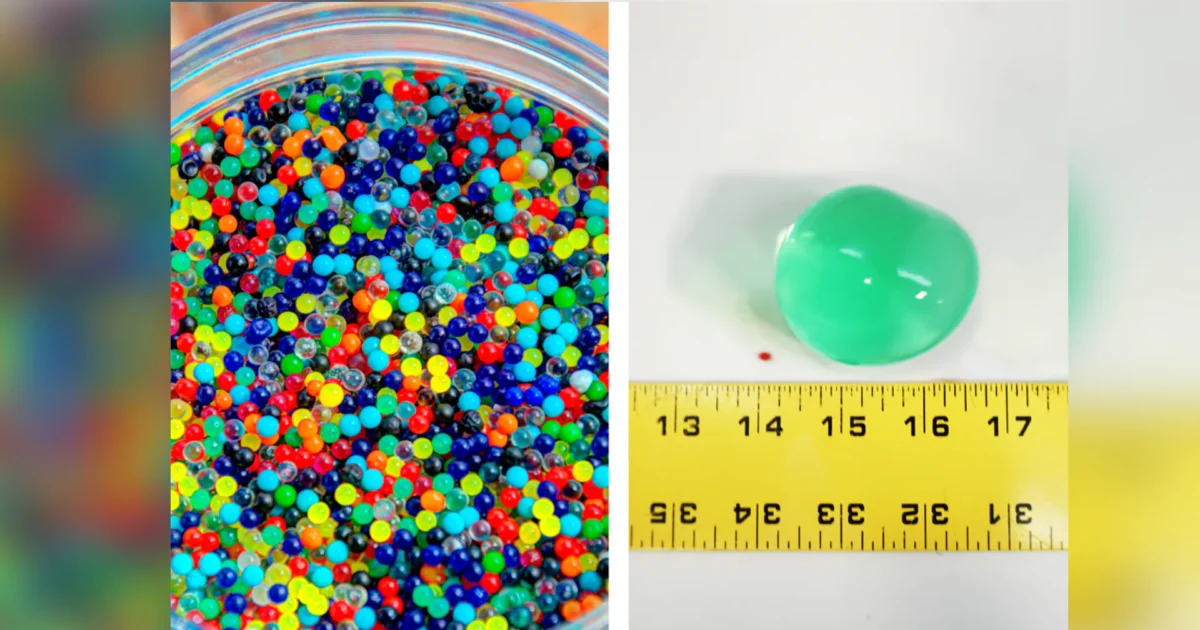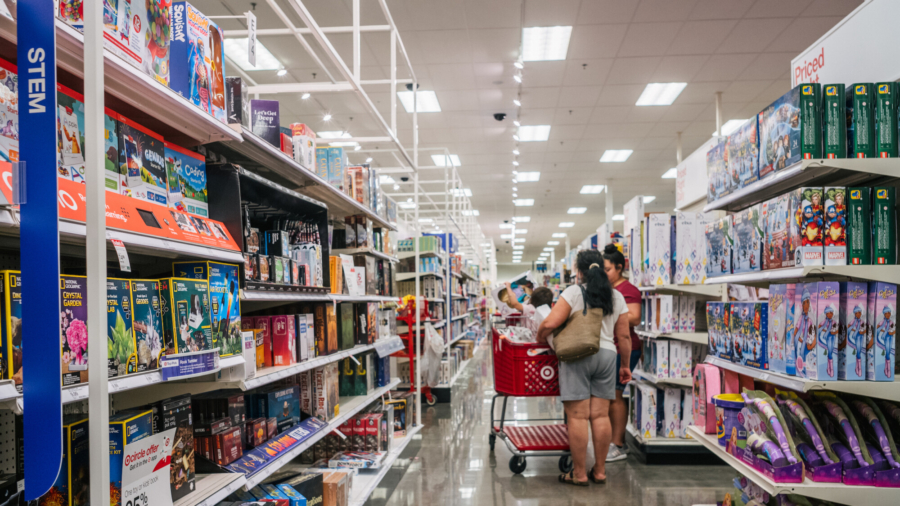With Christmas and holiday shopping underway, children are in for a treat, but make sure you aren’t buying any unsafe toys or games, as a trade loophole allows the import of items that fall short of U.S. safety standards.
In its 39th annual “Trouble in Toyland” report, consumer agency group the U.S. PIRG Education Fund addressed the risks associated with online shopping, particularly from inexpensive, direct-to-consumer stores that sell and ship under the radar of consumer watchdogs.
The report cautioned that unsafe toys can lead to injuries. Though toy-related deaths and injuries treated at emergency rooms among children 14 and younger have declined by 13 percent since 2017, these numbers have been creeping up again in recent years.
While most U.S. manufacturers and sellers comply with the requirements of the 2008 Consumer Product Safety Improvement Act, the rise of online stores that directly ship from abroad has introduced new risks, PRIG said.
To give an idea of the scale: of the roughly three billion toys and games sold in the United States every year, 80 percent were manufactured in China, PIRG said.

Customs and Tariffs
While only a small percentage of imported toys and games were deemed unsafe, the majority were sold either direct to consumer or entered the country through “de minimis” shipments.
Products bought online and shipped directly generally are not inspected by customs, and the “de minimis” trade provision allows bulk shipments with a total retail value under $800 to be imported without tariffs or customs scrutiny.
“All children’s products require certification from a third party. Unfortunately, some overseas companies lie about the contents of their shipments,” PIRG said in its report.
“They may say a shipment contains household goods, when it actually contains toys. Low-value household goods wouldn’t require the same paperwork.”
According to PIRG, the number of shipments that claim to be exempt from inspection has surged from 140 million a year to one billion a year in the last decade—about three million shipments per day. But this does not apply to just toys.
“You see companies putting a $700 value on 20 giant crates of goods worth hundreds of thousands of dollars,” Rich Trumka, one of five commissioners with the Consumer Product Safety Commission (CPSC), said. “It’s an incredibly difficult task to figure out what’s in the packages by looking at them, until you crack them open.”
In fiscal year 2024, the CPSC confiscated nearly 1.6 million dangerous or illegal toys, up from 1.1 million in fiscal year 2023. Nearly 102,000 of the toys seized this year contained unsafe levels of lead, according to the CPSC.
Two of the companies raising the biggest flags for U.S. regulators are Temu, based in China, and Shein, founded in China and now headquartered in Singapore, PRIG said. However, not all unsafe items are ordered from abroad, many are sold through U.S.-based retail platforms such as Amazon and Walmart.
PIRG also discussed Amazon Haul, the online gaint’s new service that ships directly from a warehouse in China at “crazy low prices.”
What Toys to Avoid
PIRG’s “Trouble in Toyland” highlighted the contested water beads, colorful, squishy balls sometimes no bigger than a pinhead that expand significantly when exposed to water. When ingested or lodged in an ear canal, they can cause serious problems, injuries, and even death.
From 2016 to 2022, roughly 7,800 children required emergency treatment because of water beads; one 10-month-old baby did not survive.
In December last year, Amazon, Target, and Walmart stopped selling water-bead products marketed to young children due to growing safety concerns.

Toys that received CPSC violation notices include infant busy boards, educational toys, children’s jewelry, blocks, plastic ride-on toys, baby teethers, stuffed animals, and toys that contain high-powered magnets and button cell batteries.
If you are unsure about a toy you would like to buy, a complete list of recalls and product safety warnings can be found at www.cpsc.gov/recalls.
People also encourage to read CPSC’s “Home Safe Home” checklist for the Holidays.
PIRG’s report also addressed the ease consumers still have buying recalled toys, even though it’s illegal to sell them, and cautioned people to keep an eye out for those as well.

